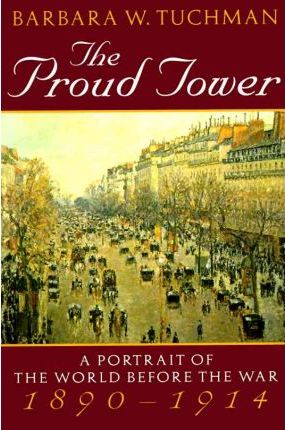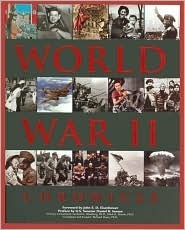
Paris, 1919: Six Months that Changed the World
Book Description
Amid the ruins of a shattered world, the grand halls of the Palace of Versailles become the battleground for a new order. Here, the titans of power clash, navigating fragile alliances and deep-seated rivalries as they rewrite the map of nations. Diplomats and leaders grapple with the weight of history, their decisions pulsing with the lives of millions. As the fate of empires hangs in the balance, will they forge a lasting peace or ignite the flames of future conflict? Six months in Paris would change the course of humanity—what legacy will they leave behind?
Quick Book Summary
"Paris, 1919: Six Months that Changed the World" by Margaret MacMillan explores the momentous peace negotiations that followed World War I, focusing on the pivotal conference in Paris where the Allied leaders—Woodrow Wilson, Georges Clemenceau, and David Lloyd George—attempted to build a new world order. The book examines how their idealism and national interests shaped the Treaty of Versailles and the borders of modern Europe and the Middle East. MacMillan provides an inside look at the diplomatic maneuverings, personal ambitions, and the historic atmosphere of uncertainty and hope. The book also analyzes the far-reaching consequences of their decisions, which set the stage for later conflicts and shaped the twentieth century. It is a richly detailed account of a critical turning point in global history.
Summary of Key Ideas
Table of Contents
The Complexities of Peace Negotiation
The armistice of 1918 ended the fighting of World War I, but the real challenge lay ahead when delegates from the victorious nations gathered in Paris to negotiate peace. Over six tumultuous months, leaders sought to address the devastation, redress grievances, and secure a lasting settlement. The peace conference drew representatives from countries large and small, eager to claim self-determination, reparations, and security. Yet, reconciling such diverse interests in a shattered Europe proved daunting, and the delegates struggled to navigate the legacy of past alliances and centuries of enmity.
Personalities and National Interests
Central to the negotiations were the personalities of the "Big Three": U.S. President Woodrow Wilson, with his vision of a just and stable world order; France’s Georges Clemenceau, driven by the urgent need for security and revenge against Germany; and British Prime Minister David Lloyd George, balancing imperial interests and domestic concerns. Their interactions shaped many of the conference’s outcomes, as they balanced high ideals with pragmatic—often contradictory—national objectives. Personal rivalries and differences in temperament intensified the complexity of the negotiations.
Redrawing Borders and Creating New States
A major undertaking at Paris involved redefining borders and creating new states from the collapsed empires of Germany, Austria-Hungary, and the Ottoman Empire. Delegates struggled with conflicting nationalist claims, ethnic tensions, and the practicalities of governance. The principle of self-determination clashed with strategic interests and existing power structures. New nations like Yugoslavia, Czechoslovakia, and Poland emerged, while mandates in the Middle East sowed seeds for later disputes as old boundaries dissolved and new lines were drawn with little regard for local realities.
Unintended Consequences and Resentments
The treaties crafted at Paris, most famously the Treaty of Versailles, imposed punitive terms on defeated powers, particularly Germany. While some Allies sought justice and reparation, others warned of the dangers of humiliation and economic hardship. The negotiations left many parties dissatisfied—Germans felt wronged by harsh reparations, Italy believed its sacrifices were underappreciated, and colonial peoples recognized the limits of European promises of self-governance. These resentments incubated grievances that would later erupt in new conflicts.
Legacy for the Modern World
MacMillan’s narrative underscores the lasting impact of the Paris Peace Conference on international relations, statehood, and collective memory. She highlights both achievements—such as the creation of the League of Nations—and the failures, including unresolved ethnic tensions and unworkable political arrangements. The decisions made in the grand halls of Versailles resonated throughout the twentieth century, shaping wars, revolutions, and diplomatic entanglements. "Paris, 1919" demonstrates how six months of fragile hope, intense negotiation, and flawed compromise left a legacy that continues to shape the modern world.
Download This Summary
Get a free PDF of this summary instantly — no email required.





